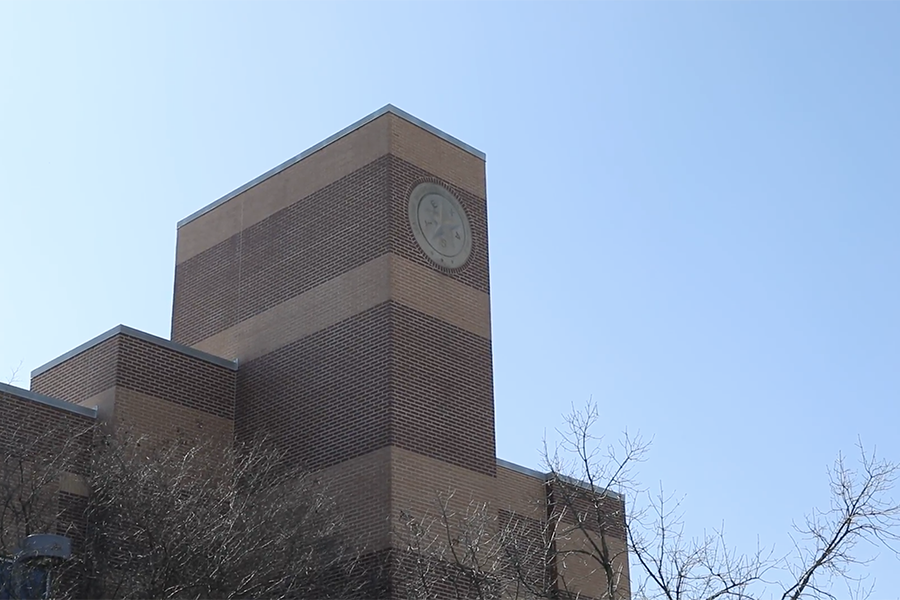In the election of 2009, Barack Obama promised to secure the public’s health and safety by insuring all Americans. President Obama stayed true to his word and although many are unaware of what this bill consists of, the passing new health care bill has created political turmoil. Its passage has set us on an unfamiliar course but the American public will not see any major changes until 2014 when the bill will take full effect.
The main goal of the new reform is to provide health care to all Americans, and to prevent insurance companies from denying individuals care based on their medical history. When the bill is fully phased in major coverage expansion will begin in 2014. It is projected that by this time, about 95 percent of all Americans will be insured, as opposed to the 83 presently insured today. Almost everyone will be required have insurance or pay a fine. However, there is an exemption for low-income individuals who currently cannot pay for their coverage.
But just, how much is this going to cost the U.S.? According to the Congressional Budget Office, the bill is expected to cost approximately 940 billion dollars over the next ten years. Our government plans to supply these funds from a clause in the bill that increases the Medicare payroll tax. This tax applies to investment income as well as wages for individuals making more than $200,000, or married couples making above $250,000. The tax on investment income would be raised to 3.8 percent. The main groups this will be effected are the high income bracket, and disadvantaged Americans who are unable to pay for their health care.
With respect to current health insurance providers the role of employers who provide health insurance benefits will be maintained as a majority of Americans already get their insurance from their employers. Companies who employ 50 or fewer workers are exempt from the requirement. Part-time workers are included in the calculations, counting two part-timers as one full-time worker.
In many health care plans provided by insurance companies there are limitations with prescribed medicines. In the past, prescription drug bills have primarily effected the older generations, but now that prescription drugs have become more widely used, many other Americans received limitations as well. Starting this year, older Americans who have hit the cap on their yearly prescription drugs, will be given a rebate. Once they spend $2,830 on medicine, they will receive a rebate of $250. In 2011, those who exceed their allotted amount, will be given a 50 percent discount on prescription drugs and soon after 2011, these individuals will only be responsible for 25 percent of their medicine.
Many Americans oppose the new health care bill because of the high tax increase on the wealthy and claiming it isn’t an aspect of a capitalistic system, rather, a socialist endeavor. Others argue and believe that every American deserves the right to health care, regardless of income. This bill has sparked major disputes and separation between Americans. It has also forced us to re-evaluate our government and the central ideals of our nation. President Obama wanted a radical change in the way individuals receive coverage and medicine, and his revolutionary idea is about to commence. As the repercussions of this health care bill start to form, it’s up to Americans to pull together and withstand the blows. Only time will tell how the healthcare bill will affect the nation.






![Senior Jett Mckinney stores all the clothes in his own room, with half of it stored in his closet along with his personal clothes, and the rest taking up space in his room.
“There’s been times [when] there’s so much clothing stored here and it gets overwhelming, so I end up having to sleep somewhere else in the house,” Mckinney said.](https://cphswolfpack.com/wp-content/uploads/2025/11/DSC_0951-1200x800.jpg)



![Broadcast, yearbook and newspaper combined for 66 Interscholastic League Press Conference awards this year. Yearbook won 43, newspaper won 14 and broadcast took home nine. “I think [the ILPC awards] are a great way to give the kids some acknowledgement for all of their hard work,” newspaper and yearbook adviser Paige Hert said. “They typically spend the year covering everyone else’s big moments, so it’s really cool for them to be celebrated so many times and in so many different ways.”](https://cphswolfpack.com/wp-content/uploads/2025/05/edited-ILPC.jpg)




![Looking down at his racket, junior Hasun Nguyen hits the green tennis ball. Hasun has played tennis since he was 9 years old, and he is on the varsity team. "I feel like it’s not really appreciated in America as much, but [tennis] is a really competitive and mentally challenging sport,” Nguyen said. “I’m really level-headed and can keep my cool during a match, and that helps me play a bit better under pressure.” Photo by Kyra Cox](https://cphswolfpack.com/wp-content/uploads/2025/09/hasun.jpg)

![Bringing her arm over her head and taking a quick breath, junior Lauren Lucas swims the final laps of the 500 freestyle at the regionals swimming competition on date. Lucas broke the school’s 18-year-old record for the 500 freestyle at regionals and again at state with a time of 4:58.63. “I’d had my eye on that 500 record since my freshman year, so I was really excited to see if I could get it at regionals or districts,” Lucas said. “ State is always a really fun experience and medaling for the first time was really great. It was a very very tight race, [so] I was a bit surprised [that I medaled]. [There were] a lot of fast girls at the meet in general, [and] it was like a dogfight back and forth, back and forth.” Photo by Kaydence Wilkinson](https://cphswolfpack.com/wp-content/uploads/2025/03/Kaydence-2.7-23-edit-2.jpg)


![As her hair blows in the wind, senior Brianna Grandow runs the varsity girls 5K at the cross country district meet last Thursday. Grandow finished fourth in the event and led the varsity girls to regionals with a third place placement as a team. “I’m very excited [to go to regionals],” Grandow said. “I’m excited to race in Corpus Christi, and we get to go to the beach, so that’s really awesome.” Photo by Addison Bruce](https://cphswolfpack.com/wp-content/uploads/2025/10/brianna.jpg)















